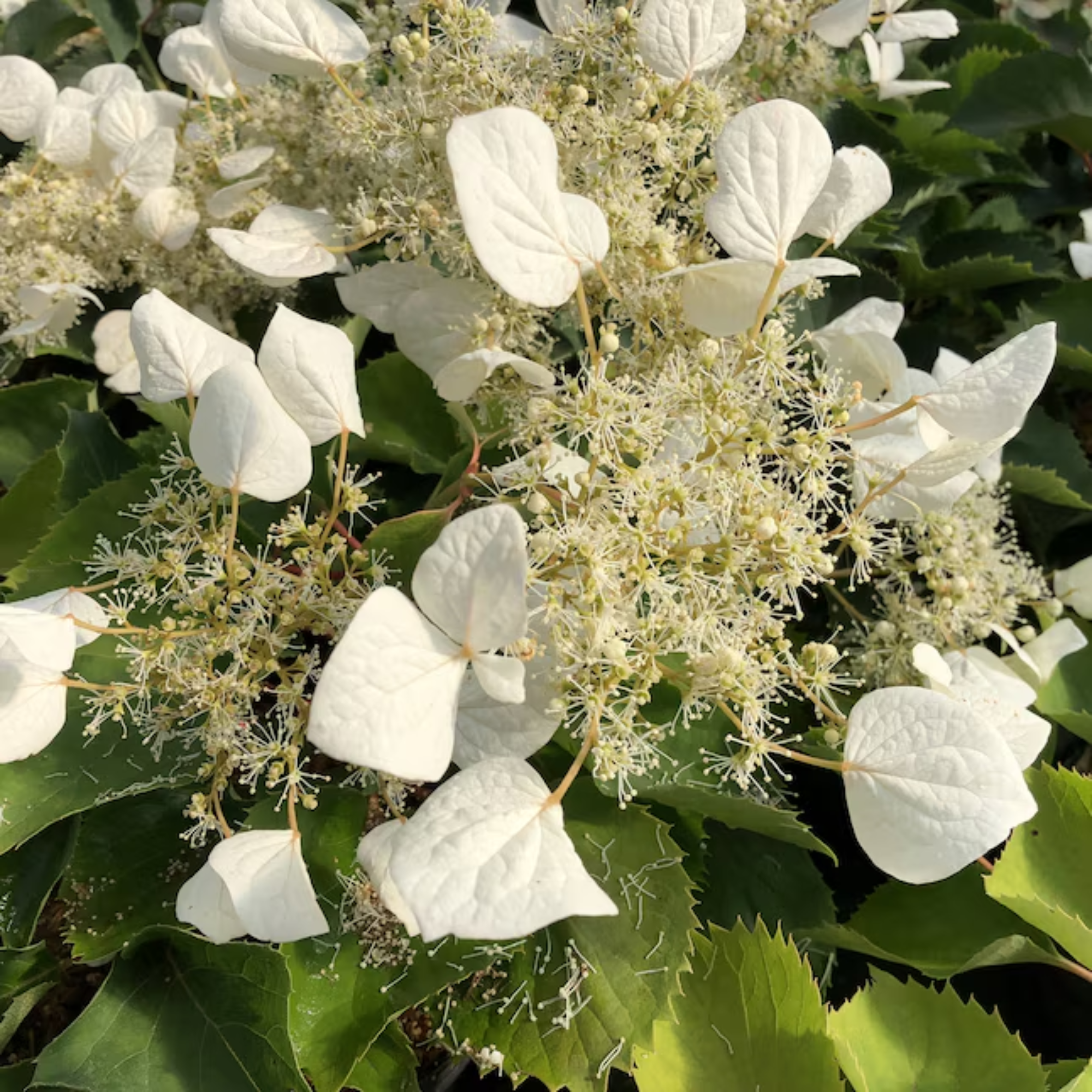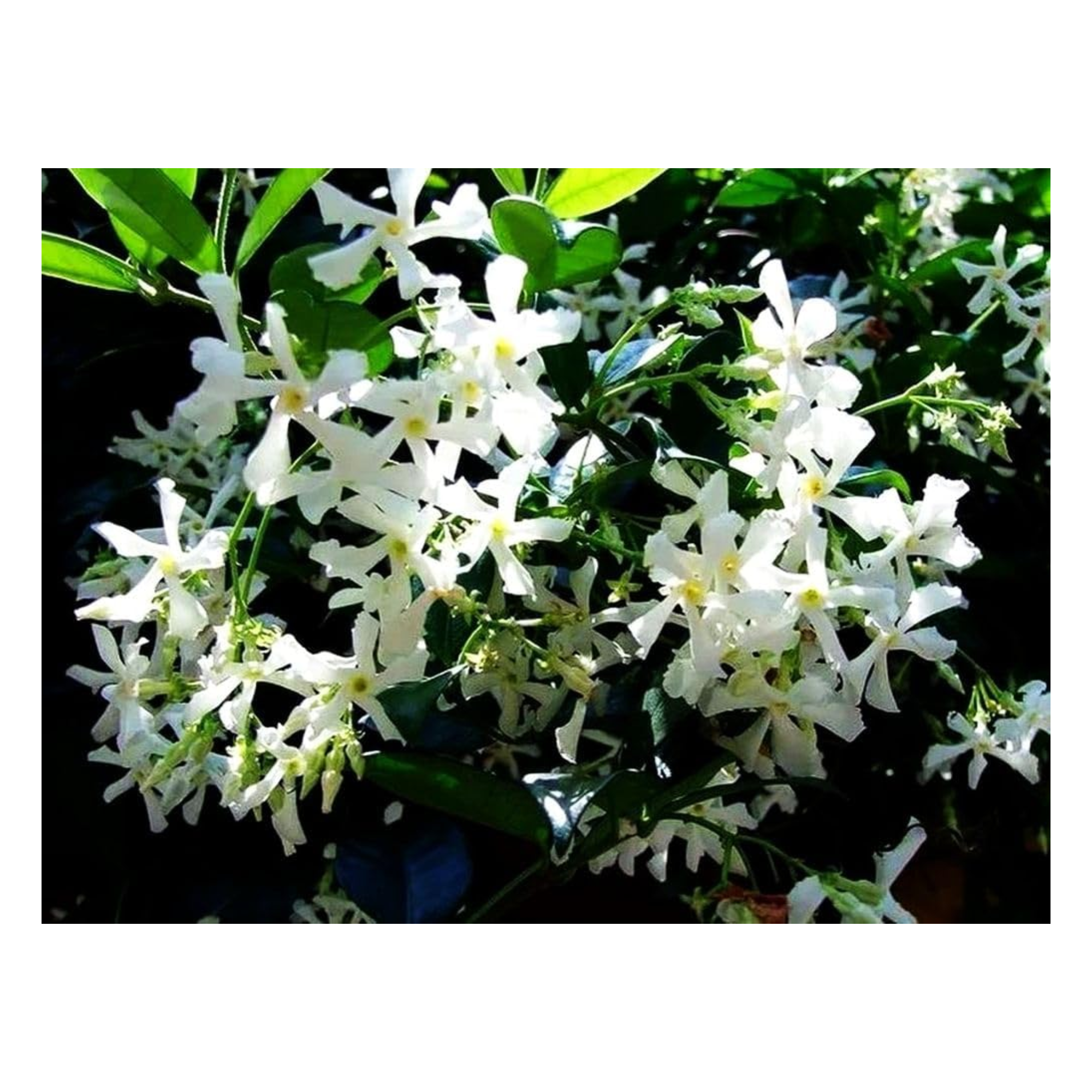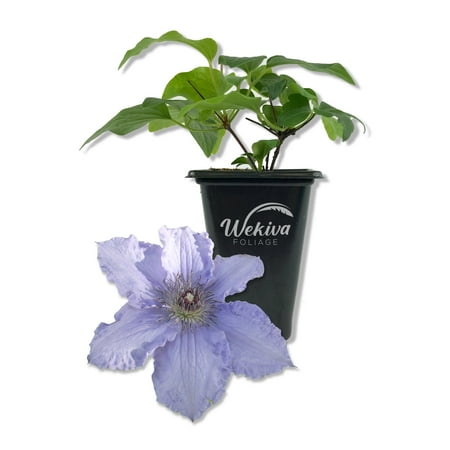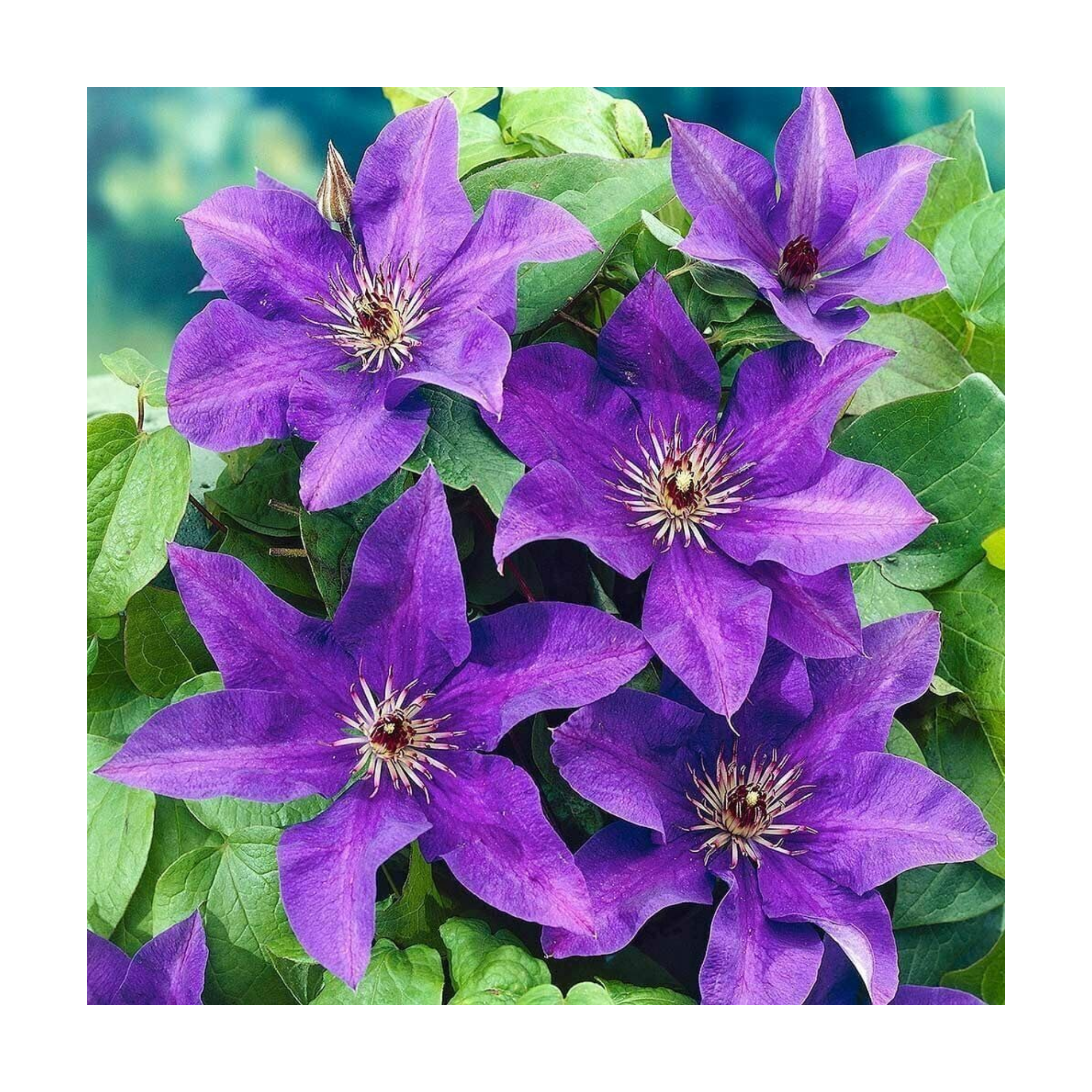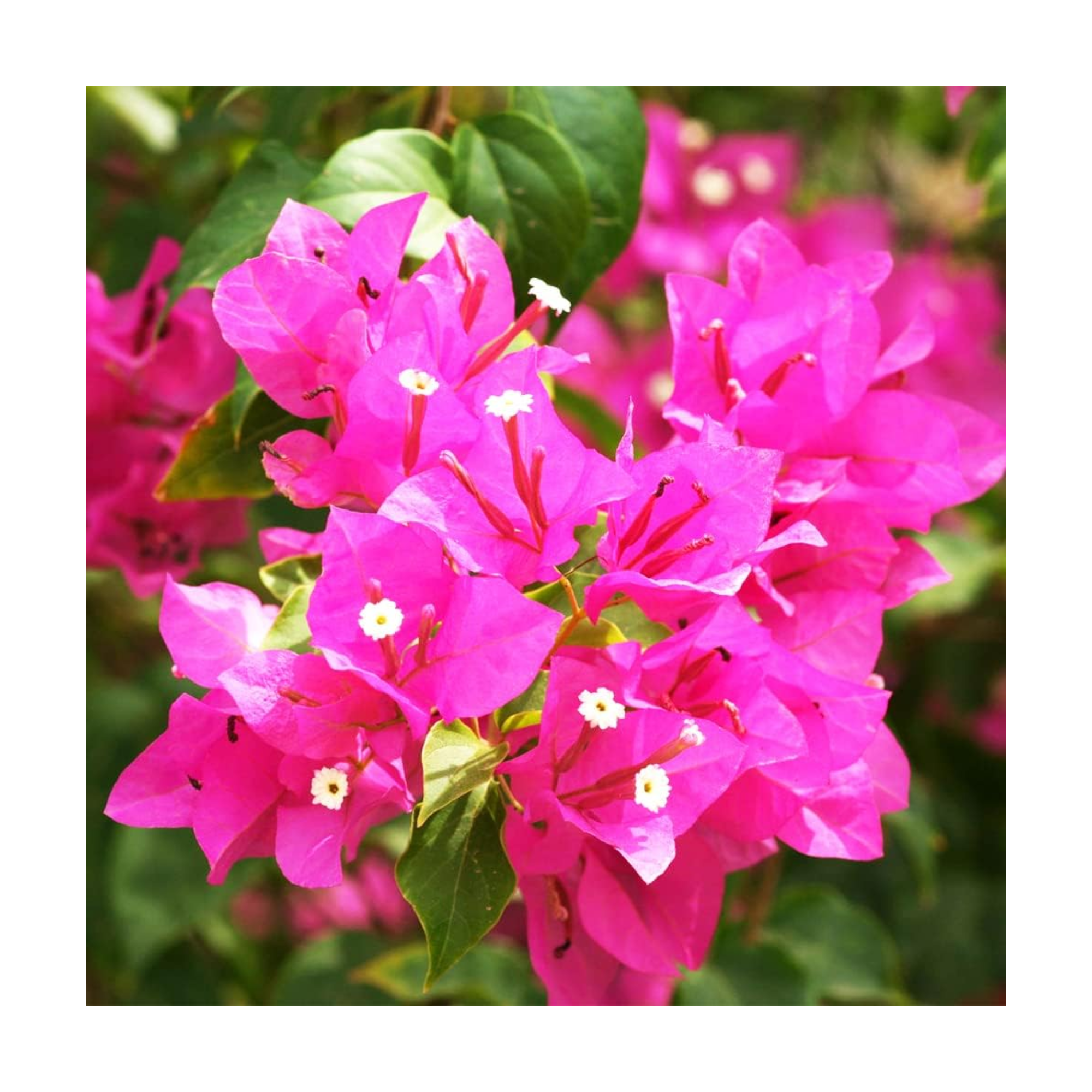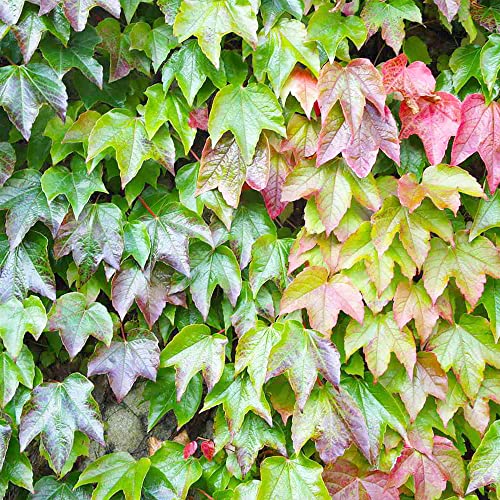7 Fast-Growing Climbing Plants to Avoid — They Can Quickly Overwhelm Fences and Other Plants
Not all climbers are garden-friendly and these aggressive growers are the ones to keep an eye out for
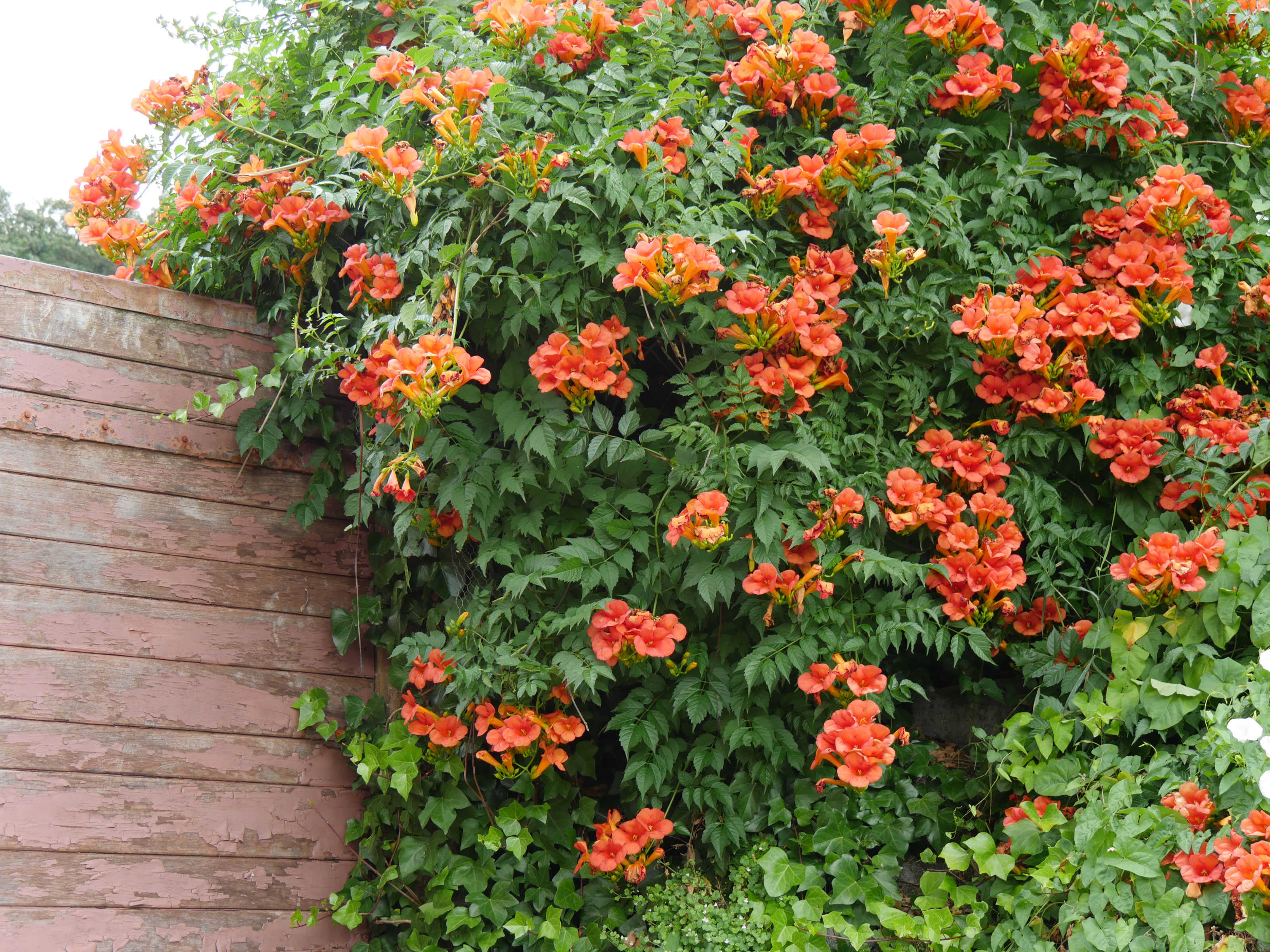

The warmer months always call for more time spent outdoors, which in turn signifies we're officially in the midst of peak gardening season. While we all enjoy tending to our blooms, harvesting our homegrown veggies, and catering to our garden, certain plants can get a little out of hand if they're not kept in check, quickly causing your backyard to become wild and overgrown.
Fast-growing climbing plants are good for privacy, but they are one of the worst offenders when it comes to quickly taking over entire fences and invading your neighbor's yard, too. To find out which are best avoided, we spoke to the experts and learned that some plants are major garden red flags. These invasive species are plants people with low-maintenance yards never choose, and you might want to be on the lookout for any such varieties that may be sprouting in your garden.
Not only will uprooting these plants keep your outdoor space in tip-top shape (and your neighbor's happy) but it'll also ensure that you don't have to spend more time than you should pruning your garden when you could just as easily be relaxing with a cool drink overlooking your vista of greenery.
1. English Ivy
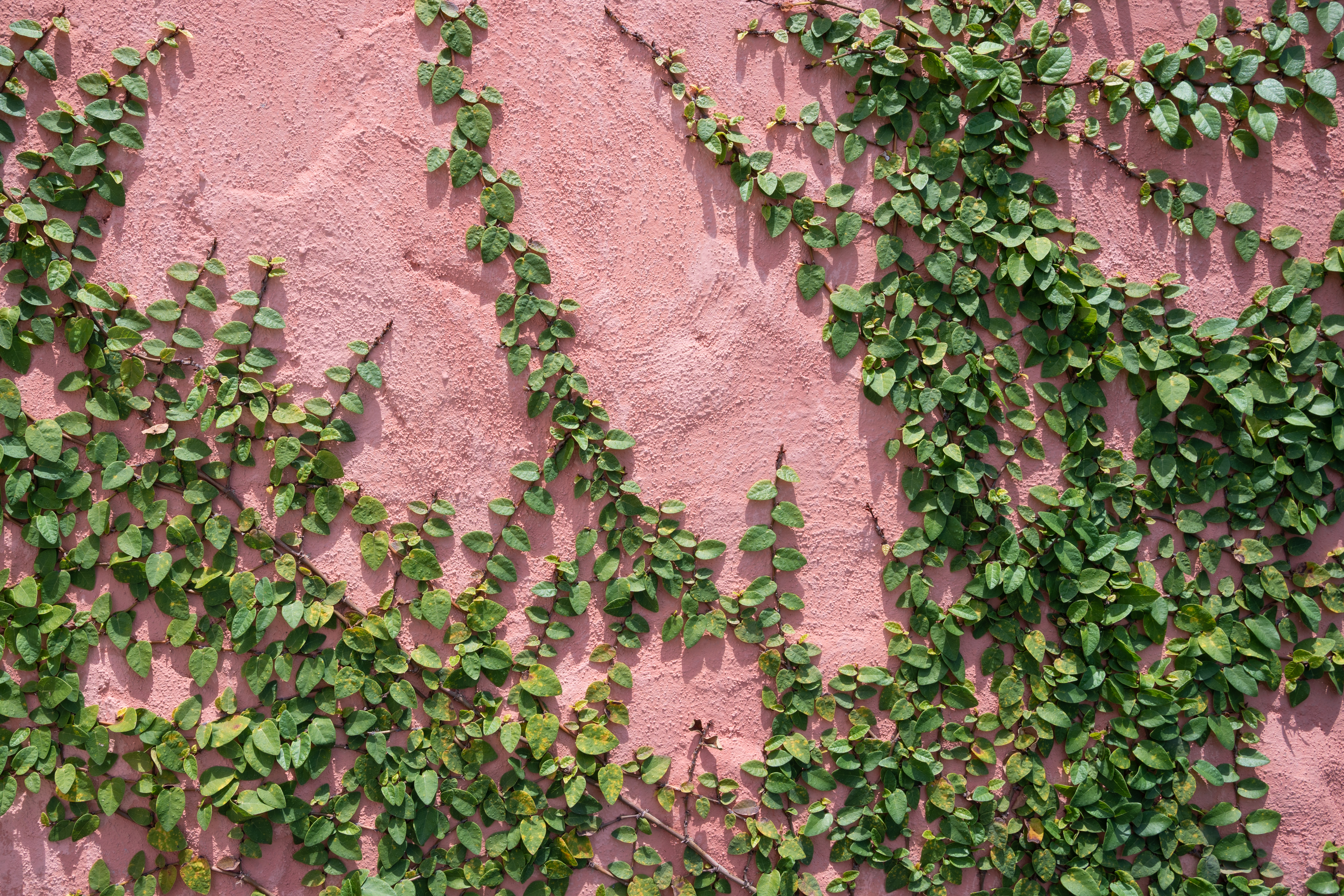
Gardening expert Tony O'Neill tells us that one of the main climbing plants that you should avoid for a low-maintenance garden is the common English ivy. 'While this climber is popular for its dense foliage and ability to cover structures quickly, it can be highly invasive and difficult to control,' says Tony. 'It clings tightly to surfaces, potentially damaging walls, fences, and even trees.'
Also known as hedera helix, Tony points out that ivy's aggressive growth can smother other plants and contribute to moisture problems on walls, which may lead to structural damage over time. And if that isn't reason enough to keep this plant out of your yard, he also tells us that these overgrown climbers tend to harbor pests such as rats, potentially putting your otherwise flourishing garden at risk.
2. Kudzu
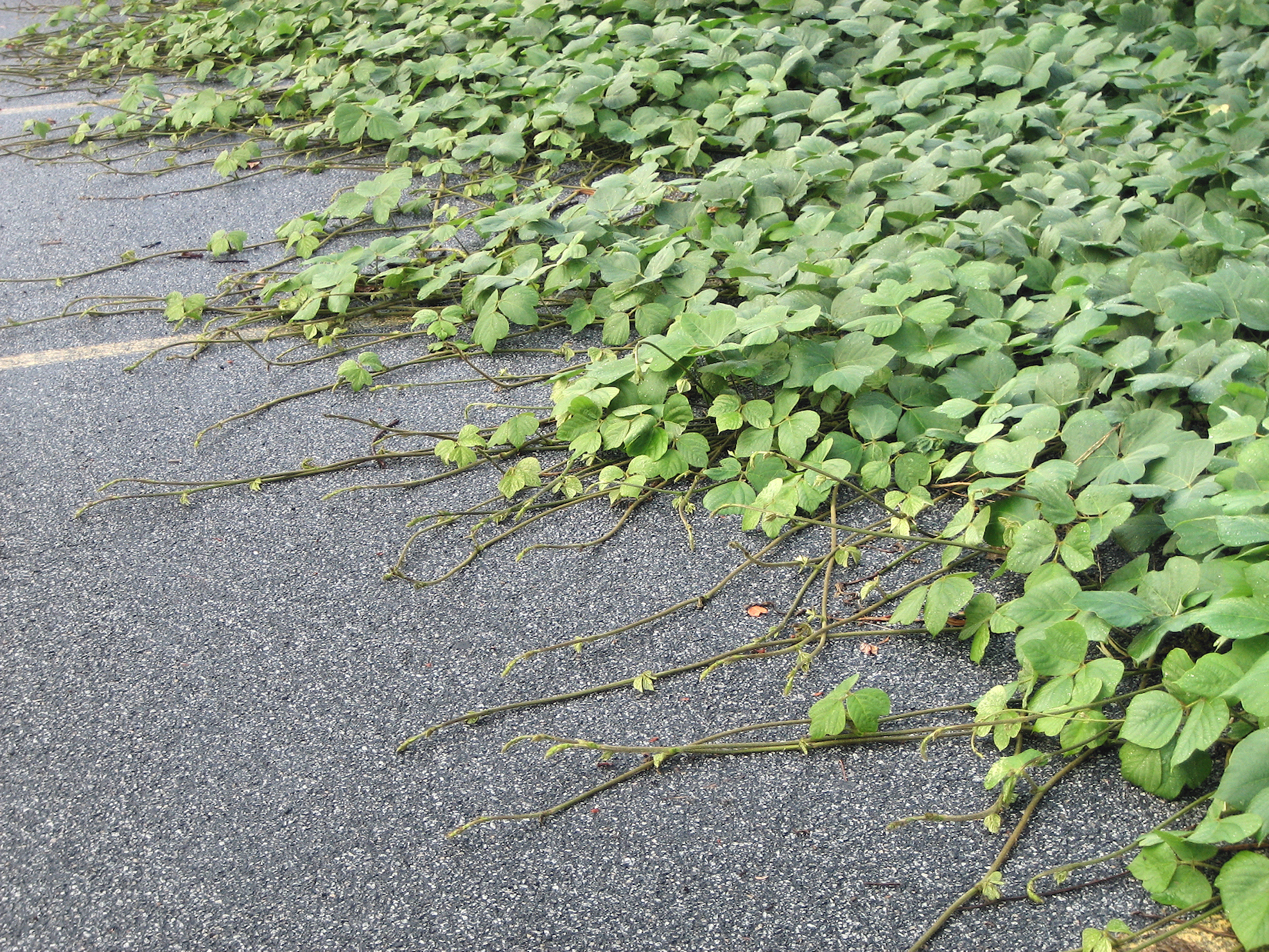
Plant expert Allison Jacob informs us that kudzu is one of the most invasive garden plants in the United States. 'It can grow up to a foot per day, quickly covering and killing other vegetation,' says Allison. 'Once established, kudzu is extremely difficult to eradicate and requires significant effort and resources to control.' She goes on to explain that most gardeners tend to avoid introducing kudzu into their gardens as it can destroy your yard by shading out native plants.
Tony points out that kudzu is often referred to as 'the vine that ate the South' and tends to sabotage other vegetation by blocking sunlight. He warns gardeners against being fooled by its appearance, explaining that the weight of the climber alone has been found to break and topple trees.
From what we hear, kudzu appears to be a bit of a garden bully so if you find this tricky green plant vining its way around your yard, we recommend finding a way to remove it from your garden before it becomes overwhelmingly problematic.
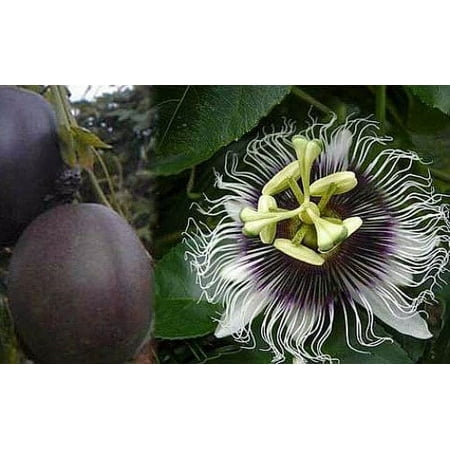
Price: $23.49
Size: 4 inch pot
3. Japanese Honeysuckle
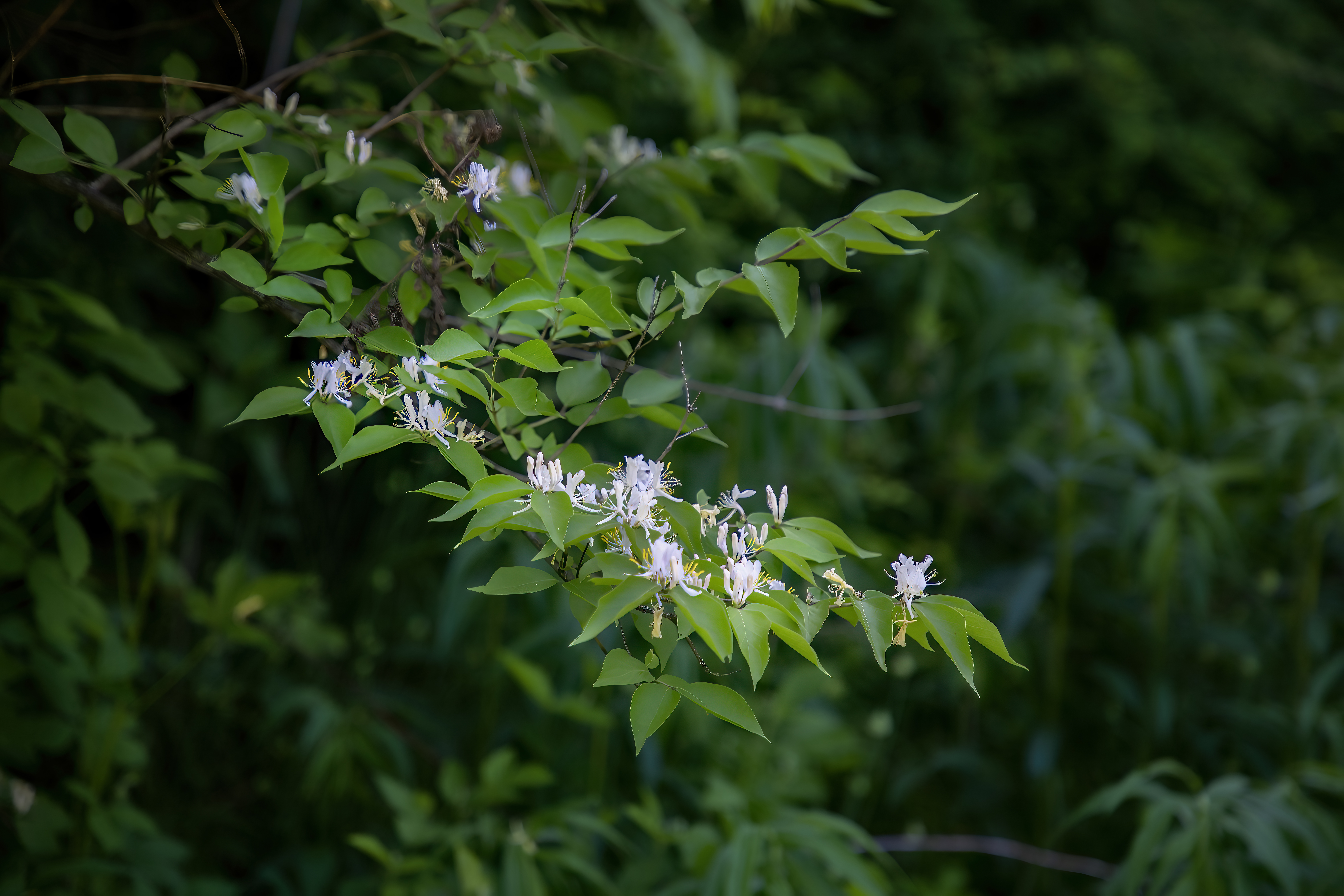
While Japanese honeysuckle does provide beautiful flowers that make your garden smell amazing, Tony tells us that its vigorous growth pattern allows it to choke out other plants, while its dense cover can prevent the regeneration of trees and shrubs. 'Unfortunately, Japanese honeysuckle is extremely invasive and can quickly take over gardens and natural areas, outcompeting local foliage and disrupting natural ecosystems,' he notes.
Allison also points out that Japanese honeysuckle requires constant management to prevent it from spreading uncontrollably, so the earlier you catch it, the better. All in all, these pretty flowers actually do more damage than help when it comes to the overall health of your garden. So it's best to ditch these blooms and opt for flowers that add to the visual appeal of your backyard, sans damage.
4. Morning Glory
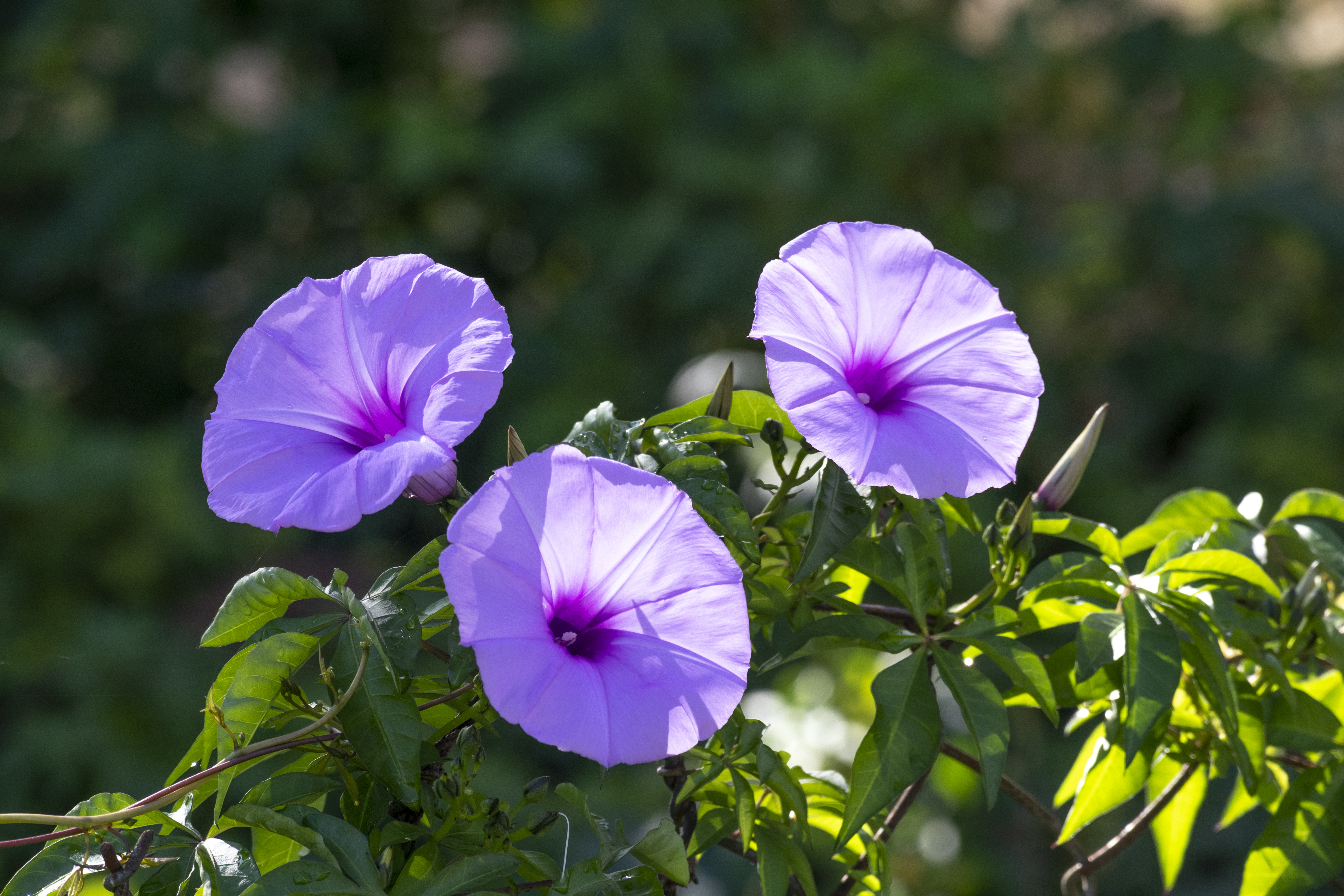
According to Tony, certain species of morning glory, such as ipomoea indica, can be invasive. 'While they have attractive flowers, these vines grow quickly and can become a nuisance, entangling themselves with other plants and structures,' he says. 'Morning glory seeds can remain viable in the soil for several years, making it difficult to fully eradicate once it has spread.'
We love landscaping with flowers to establish vibrant blooms dotted around our backyard, but despite its elegant blooms, some varieties of morning glory aren't ones you want to find in your garden. However, if morning glory is one of the flowers on your garden mood board, then Tony suggests introducing non-invasive varieties like Ipomoea nil.
5. Wisteria

Wisteria offers a rather whimsical ambiance to backyards that makes quite the spectacle, but Tony tells us that fostering this bloom is simply not worth it. 'Wisteria is known for its stunning cascades of flowers, but it's a very aggressive grower and can easily get out of control,' notes Tony. 'It can overwhelm nearby plants and damage neighboring walls.'
He also tells us that wisteria requires rigorous pruning, warning gardeners that lack of proper care can lead to strangled trees and trampled plants. Additionally, similar to ivy, wisteria's heavy wood can break fences, arbors, and trellises, making it one to keep an eye out for.
6. Trumpet Vine
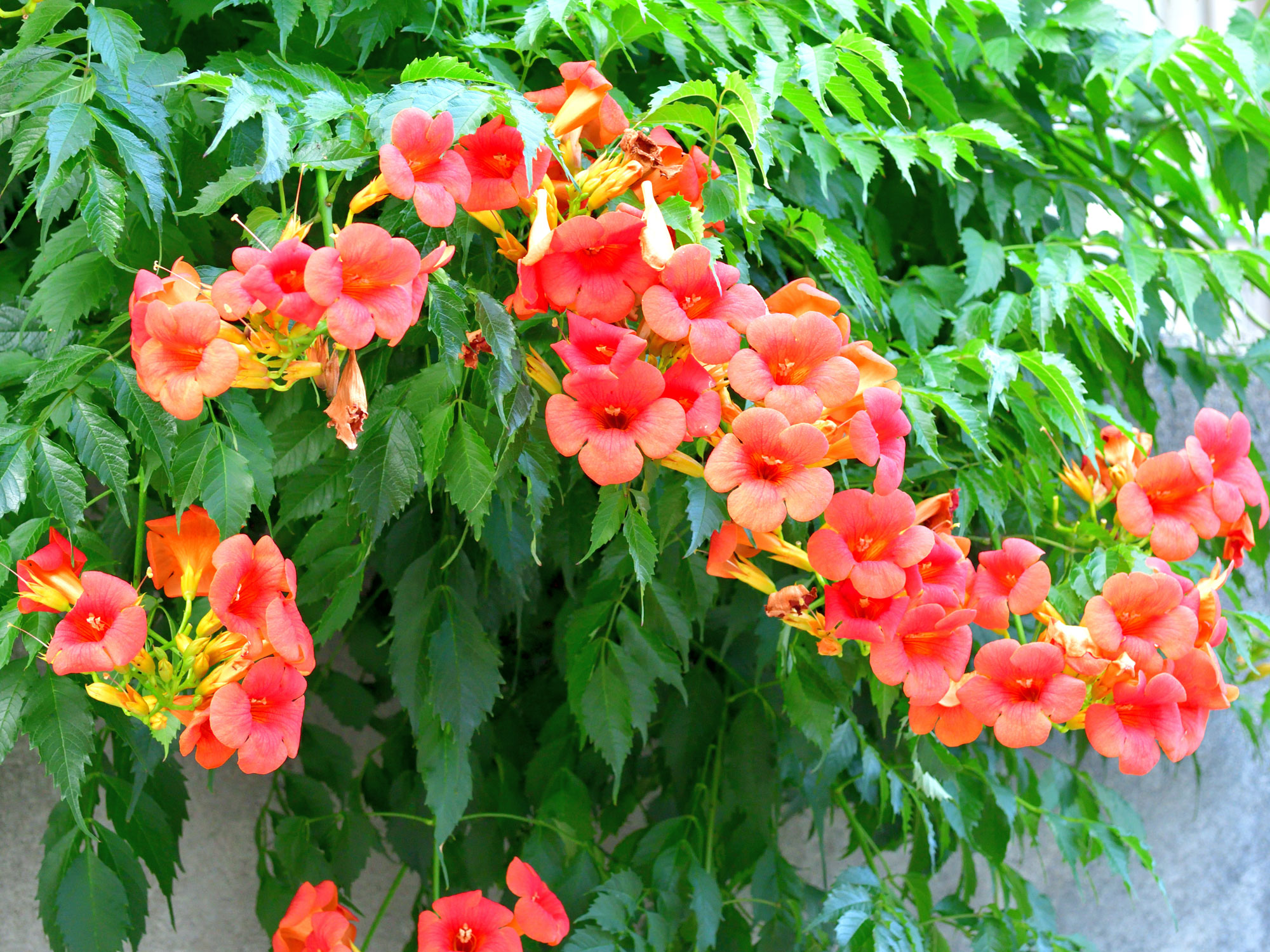
When trumpet vines are blossoming, they may appear to be the perfect finishing touch to a tropical garden, but Allison tells us that these flowers are infamous for their intrusive growth tendencies. 'Trumpet vines grow at a very rapid rate and are difficult to tame,' she says. 'Its strong roots can cause major garden damage and the vines are strong enough to pull down trellises and other supports due to their weight.'
Additionally, Allison informs us that maintaining this plant is labor-intensive, thereby putting a total damper on our dreams of an easy-care backyard. However, all hope is not lost since there are plenty of flowers that bloom in summer you can plant instead for an equally pretty seasonal garden.
7. Virginia Creeper
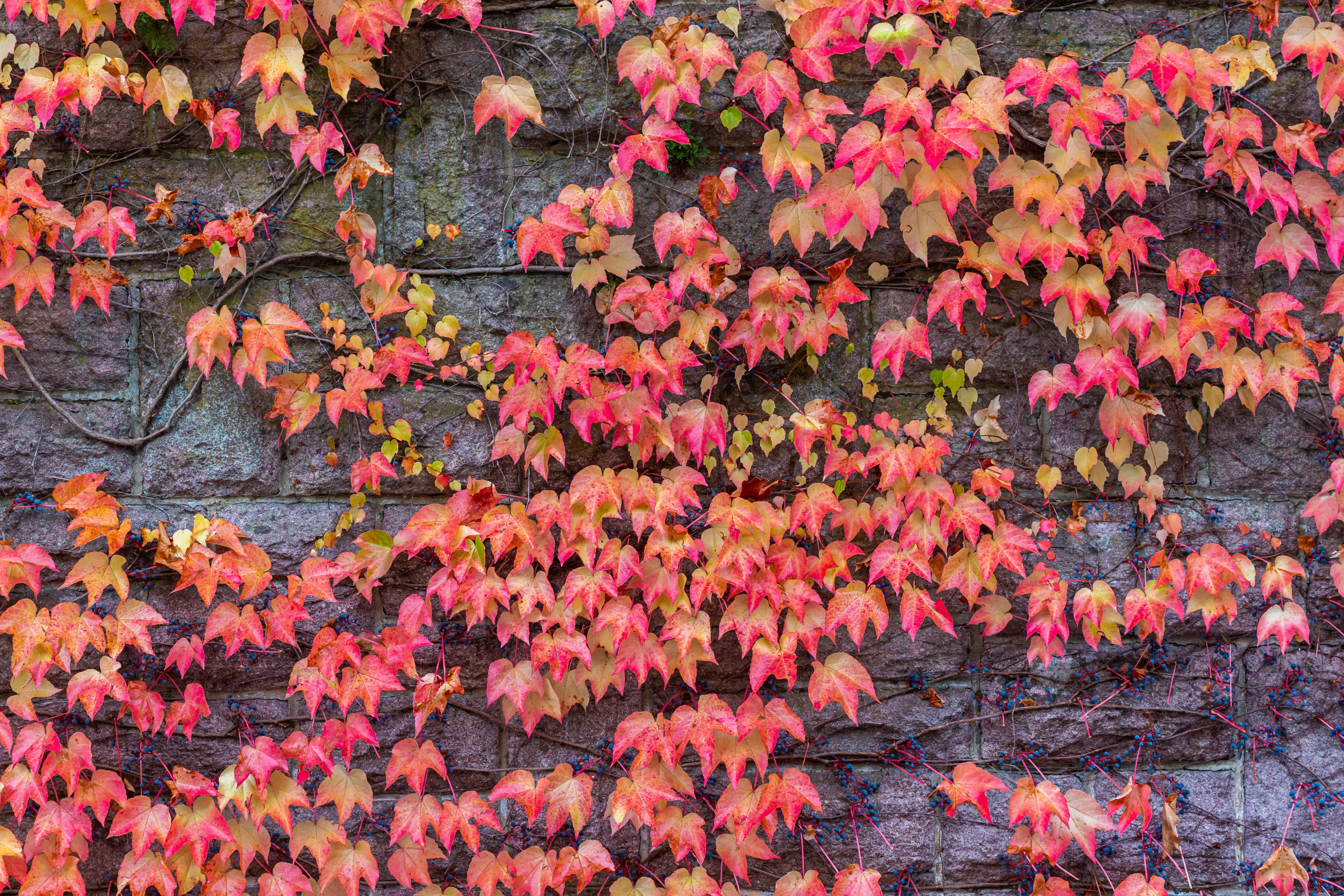
Last but certainly not least in terms of damage, Allison advises us to immediately rid our gardens of this climber as soon as we take notice of it. 'Virginia creepers are speedy to sprout and habitually invade any and all plants that surround them,' she says. 'Similar to English ivy, it can damage structures by growing into cracks and crevices and while it's not as toxic as poison ivy, Virginia creeper may cause skin irritation to those that come in contact with the plant.'
Clearly, appearances can be deceiving in the plant world and not all that add visual appeal are healthy companions to your garden. Before you add any plant to your home garden, it's best to do a touch of research to make sure that you're not involuntarily damaging your backyard. We all tend to curate our garden based on plants that beautify the space but these aggressive climbers are proof that one bad seed can undo plenty of hard work. So if you see any of these climbers camouflaging as friendly foliage, take to uprooting it as soon as you can to keep your modern garden in check.
Be The First To Know
The Livingetc newsletters are your inside source for what’s shaping interiors now - and what’s next. Discover trend forecasts, smart style ideas, and curated shopping inspiration that brings design to life. Subscribe today and stay ahead of the curve.

Amiya is a Home Wellness Writer at Livingetc. She recently graduated with a Masters Degree in Magazine Journalism from City, University of London, and has lent her words to beauty, fashion, and health sections of lifestyle publications including Harper’s Bazaar and Women’s Health. Her experience as a research analyst has equipped her with an eye for emerging trends. When she’s off the clock, she can be found reading, listening to music, or overanalyzing her latest Co-Star update.
-
 The 'New British' Style? This Victorian London Home Embraces Its Owners' Global Background
The 'New British' Style? This Victorian London Home Embraces Its Owners' Global BackgroundWarm timber details, confident color pops, and an uninterrupted connection to the garden are the hallmarks of this relaxed yet design-forward family home
By Emma J Page
-
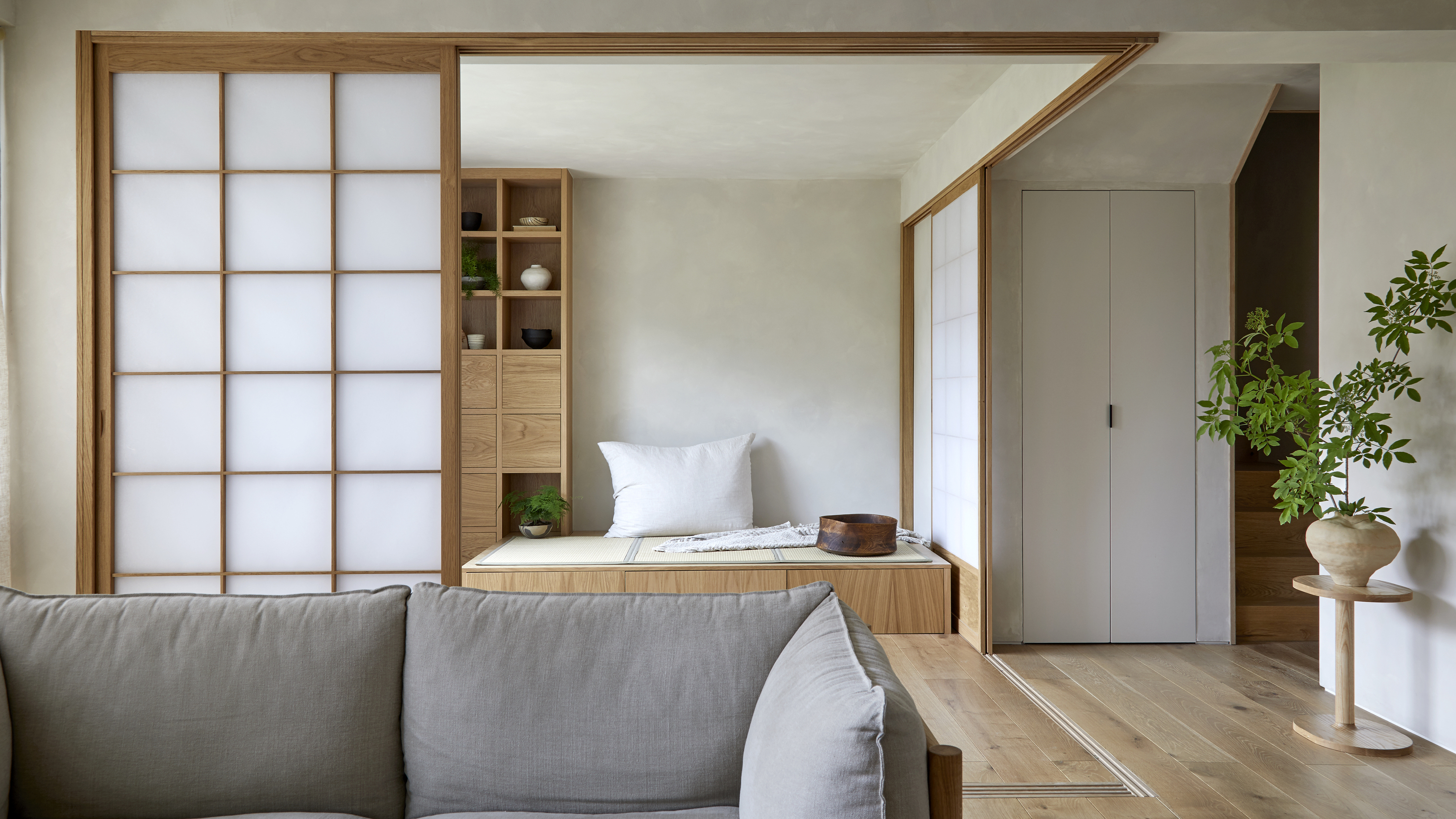 Muji Living Room Ideas — 5 Ways to Harness The Calming Qualities of This Japanese Design Style
Muji Living Room Ideas — 5 Ways to Harness The Calming Qualities of This Japanese Design StyleInspired by Japanese "zen" principles, Muji living rooms are all about cultivating a calming, tranquil space that nourishes the soul
By Lilith Hudson
